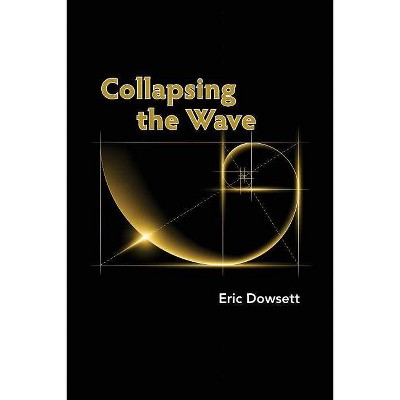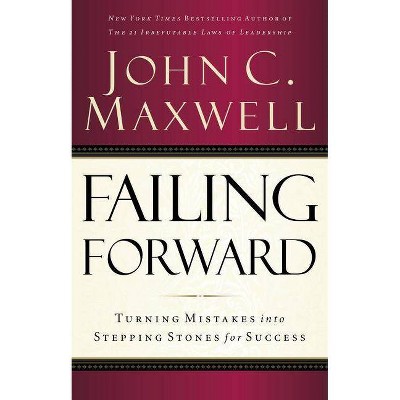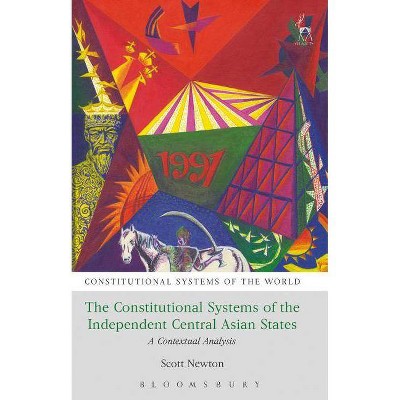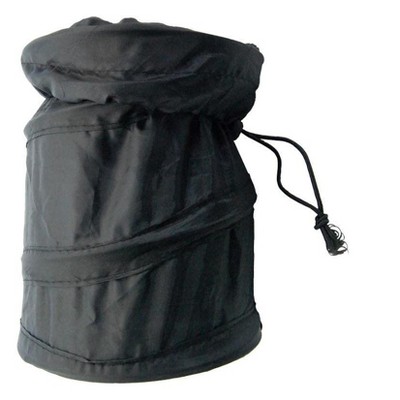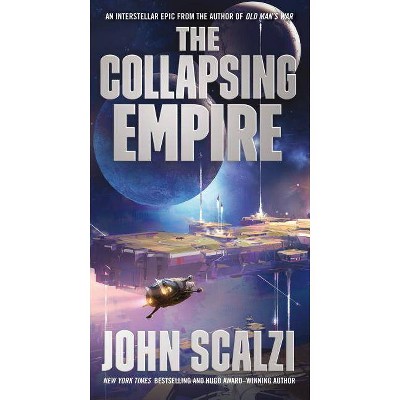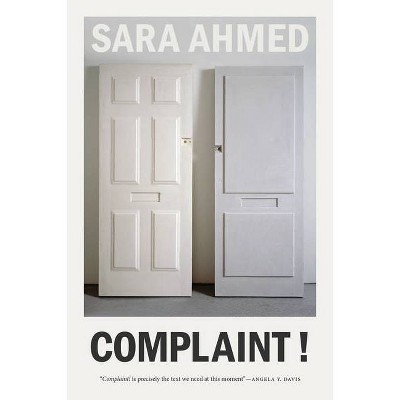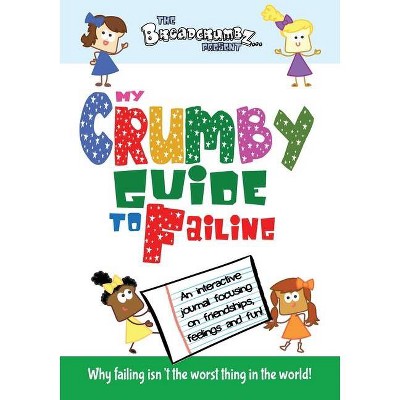Failing States, Collapsing Systems - by Nafeez Mosaddeq Ahmed (Paperback)
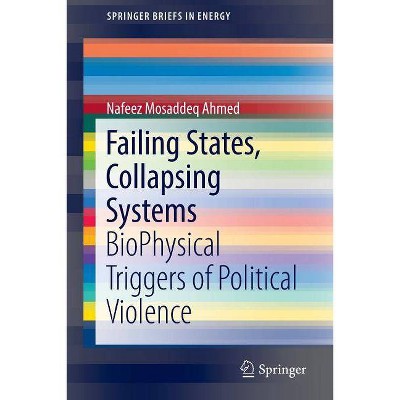
Similar Products
Products of same category from the store
AllProduct info
<p/><br></br><p><b> Book Synopsis </b></p></br></br>Introduction.- Riot Epidemic: State Failure, or System Failure?.- The Matrix: How Fossil Fuel Interests Dominate Corporate Media Reporting on Energy and Climate Change.- Failed Forecasts: How the Media's Pro-Fossil Fuel Bias Ruins Energy Journalism.- Oil Depletion as Strategic Threat, MENA.- Oil Depletion as Strategic Threat, Europe.- Oil Depletion as Strategic Threat, Asia.- Oil Depletion as Strategic Threat, Africa.- How US, Britain and Europe are responding to the end of cheap oil: State-militarisation, fossil fuel consolidation.- Disruption from Below - Exponential Renewables.- Disruption from Below - Utility Death Spiral.- Disruption from Below - New Financial Models.- Disruption from Below - Decentralisation of Power.- Disruption from Below - the Open Source Revolution.- Disruption from Below - the Rising Culture.- Conclusions - Paradigm Shift.<p/><br></br><p><b> Review Quotes </b></p></br></br><br><p>"If you're new to the notions of peak oil / EROEI / collapse of industrial civilization, and/or would like to try and enlighten a friend that might be receptive to these issues, I'd say that you can't go wrong by picking up a copy ... of Failing States, Collapsing Systems." (From Filmers to Farmers, fromfilmerstofarmers com, February, 2017)</p>"Failing States, Collapsing Systems: BioPhysical Triggers of Political Violence, a thought-provoking new book by Nafeez Mosaddeq Ahmed. ... The book is only 94 pages (plus an extensive and valuable bibliography), but the author packs in a coherent theoretical framework as well as lucid case studies of ten countries and regions." (Resilience, resilience.org, January, 2017)<p></p><br><p/><br></br><p><b> About the Author </b></p></br></br>Dr Nafeez Ahmed is an award-winning investigative journalist, bestselling author and noted international security scholar. He is listed in the Evening Standard's 2014 and 2015 'Progress 1000' selection of the most globally influential Londoners.<br>Ahmed is a columnist for VICE's science and technology magazine, Motherboard, and for the London-based digital news platform Middle East Eye. He is a former environment blogger at The Guardian where he reported on the geopolitics of interconnected environmental, energy and economic crises via his Earth Insight blog. He has also written and reported for The Independent, Sydney Morning Herald, The Age, The Scotsman, Foreign Policy, The Atlantic, Quartz, Prospect, New Statesman, Le Monde diplomatique, Raw Story, Asia Times, among many others.Ahmed has twice won the Project Censored Award for his journalism, in 2014 for his story on the energy geopolitics behind the Ukraine crisis, and in 2013 for his article on food riots as a 'new normal.'<br>Ahmed's book, A User's Guide to the Crisis of Civilization: And How to Save It (Pluto, 2010), was the first integrated peer-reviewed study of the intersection of climate change, energy depletion, food scarcity, economic instability, terrorism and state-militarisation. In 2010, he won the Routledge-GCP&S Essay Prize for his seminal paper presenting the social science framework for the book in the journal Global Change, Peace and Security, "The International Relations of Crisis and the Crisis of International Relations."<br>Ahmed's previous books include The London Bombings: An Independent Inquiry (Duckworth, 2006); The War on Truth: 9/11, Disinformation and the Anatomy of Terrorism (Interlink, 2005); Behind the War on Terror: Western Secret Strategy and the Struggle for Iraq (New Society, 2003) and The War on Freedom: How & Why America was Attacked, September 11, 2001 (Progressive, 2002). The latter is archived in the '9/11 Commission Materials' Special Collection at the US National Archives in Washington DC - it was among 99 books made available to each 9/11 Commissioner of the National Commission on Terrorist Attacks Upon the United States to use during their investigations. He also contributed to the Coroner's Inquest into the 7/7 London bombings, and has advised the Royal Military Academy Sandhust, British Foreign Office and US State Department, among other government agencies.<br>Nafeez's academic work revolves around the historical sociology and political ecology of mass violence in the context of civilizational systems, and focuses on bridging disciplinary divides across the natural and social sciences. He has taught international politics, contemporary history, empire and globalisation at the University of Sussex's School of Global Studies and Brunel University's Politics & History Unit. He is currently a Visiting Research Fellow at the Global Sustainability Institute of Anglia Ruskin University's Faculty of Science and Technology.
Price History
Price Archive shows prices from various stores, lets you see history and find the cheapest. There is no actual sale on the website. For all support, inquiry and suggestion messagescommunication@pricearchive.us
